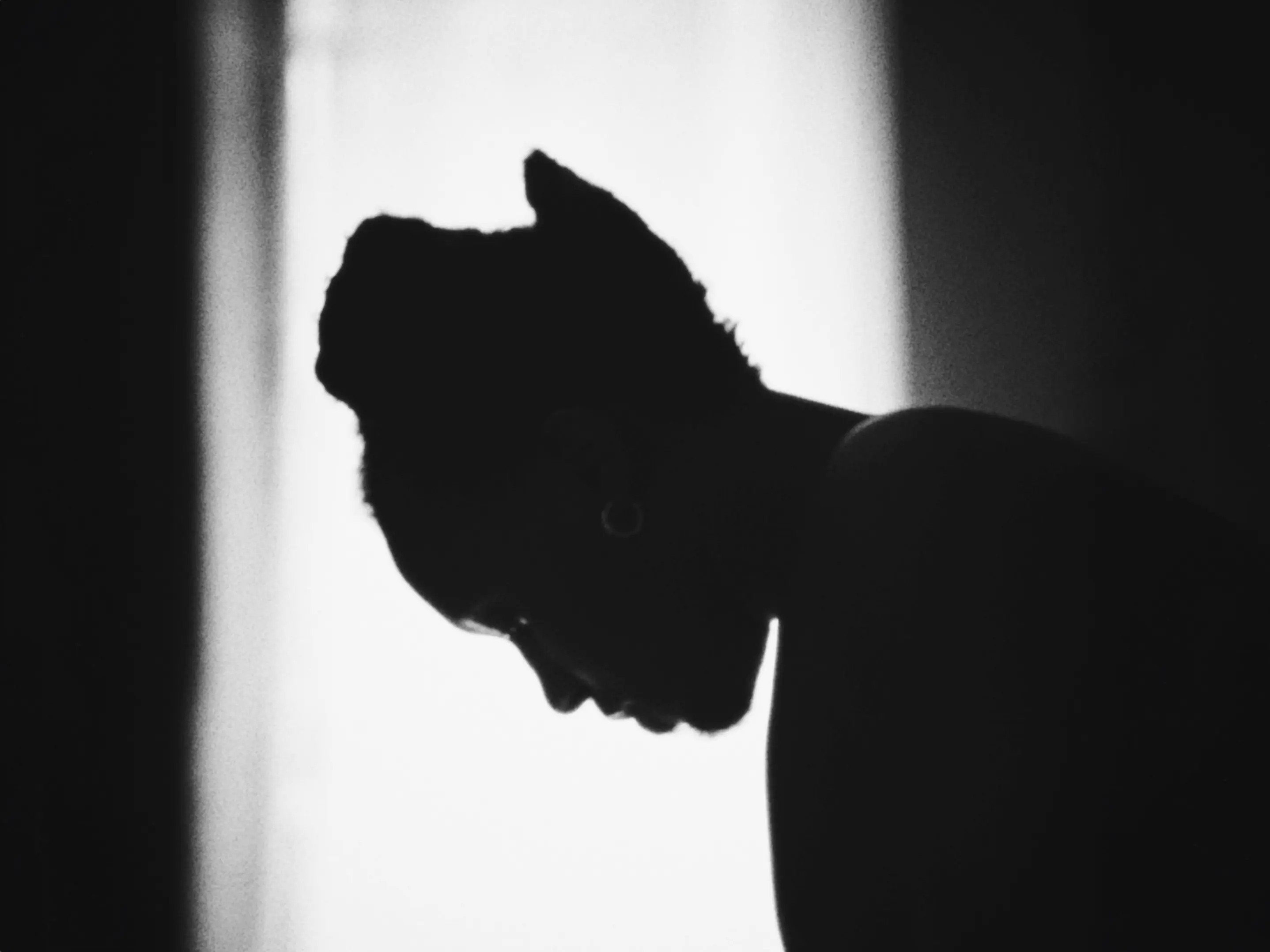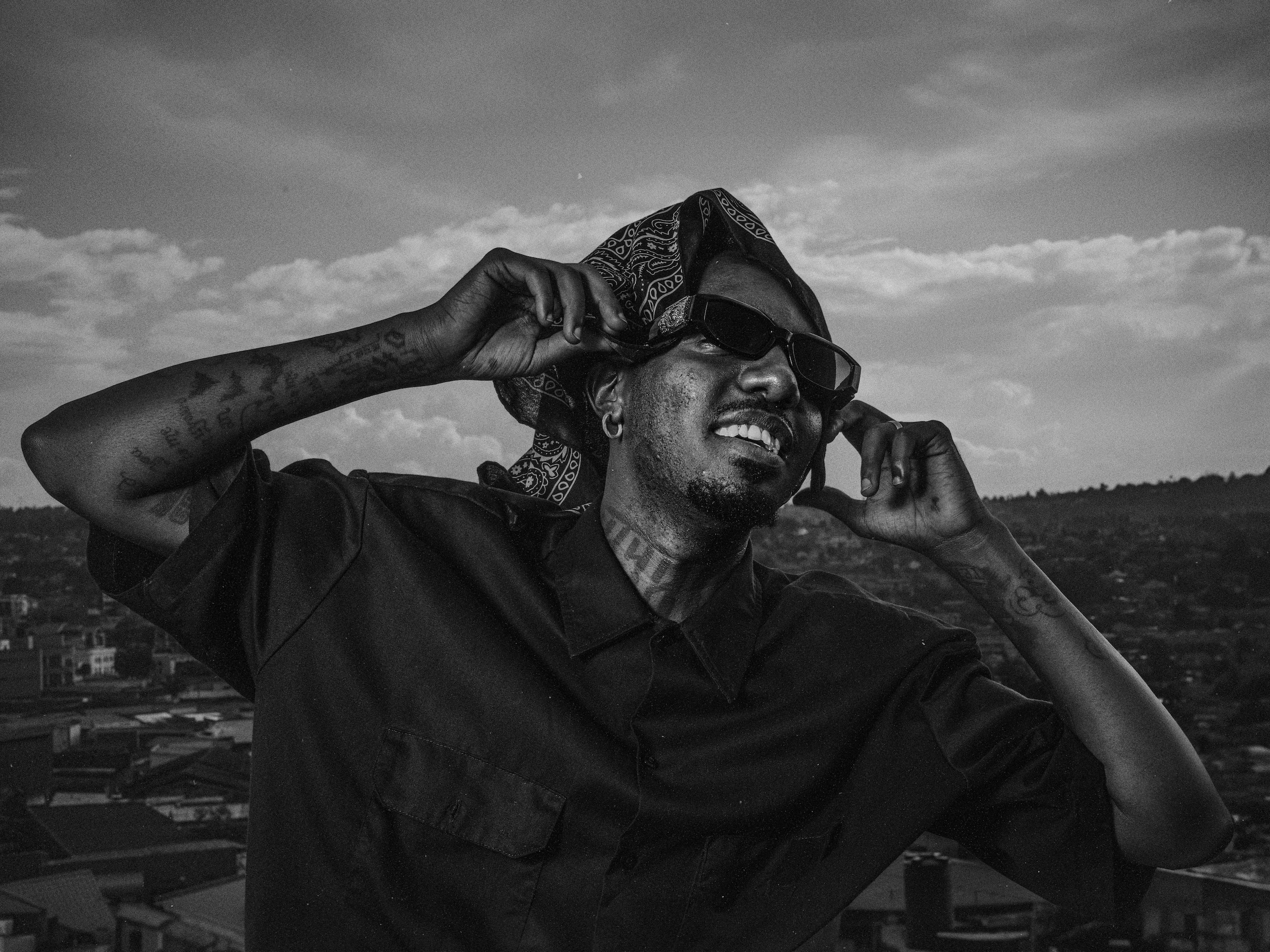B-Threy, scars and dreams in Kigali
Explore the turbulent sound of Kigali’s post genocide generation with one of the founders of kinyatrap, a national phenomenon blending Atlanta’s 808s with the poetic texture of Kinyarwanda, in the latest episode of our Off the Map series directed by Michiel Robberecht.
B-Threy, real name Bertrand Muheto, was born in Burundi in 1994, but grew up in the Nyamirambo neighborhood of Kigali, Rwanda. It’s a neighborhood famous for hip-hop culture in Kigali, with some of the genre’s OGs like P Fla or Bulldog representing since the early aughts. It was in these streets, and at the Ecole Technique St Joseph, that Muheto would find his entourage, and develop a sound that Rwanda, and the world, had never heard before; kinyatrap, a local blend of trap, traditional Rwandan sounds, and the metaphorically rich Kinyarwanda language.
Like many young Rwandans who grew up in the years after the genocide against the Tutsis, B-Threy inherited the scars and dreams of a country. There is a trauma that sits between the many hills, an unsettling calm that lays on the air, and long, blank stares from passerbys. But once B-Threy found his partner Bushali, and the Green Ferry Studio ran by producer Dr. Nganji, both seen in the film, the silence was broken. “I’m a voice for those who don’t have words,” B-Threy told us during an interview, “we’ve had some struggles, that’s why we sing about it.” Since, kinyatrap has become a way of life and a means of expression for the youth who felt oppressed by the weight of the past, and the timid nature of a country reeling from trauma.


“After the Tutsi genocide, our country was torn apart. Growing up wasn’t easy…”
… not only did the country have to be rebuilt in terms of infrastructure, but also in terms of families. Kinyatrap is a movement that grew out of the wounds and perspectives of the post-genocide generation,” says B-Threy, in this short documentary by director Michiel Robberecht, who himself (Muheto) was orphaned by his mother. “From that history we created songs that touch both sides and contribute to the project of reconciliation,” he continues.
“I was fascinated by the raw, explosive energy of these young musicians from Kigali,” says Michiel Robberecht, the film’s director. “Kinyatrap, with its uncut sounds and unbridled expression, seemed to clash with the orderly calm and hushed silence that usually covers the city of Kigali. I was keen to explore the emergence of this musical movement which, in this controlled environment, serves as an outlet for youth.”
Bushali, B-Threy, Dr. Nganji, Dizo Last, Slum Drip, Mazimpaka Prime, Ice Nova… In Rwanda, a whole generation of young rappers and beatmakers have come to seize upon this style, releasing songs and videos that speak of life on the street, and those same street kid’s dreams. It’s become a hallmark of the youth. The aforementioned gang have invented words used as insider language, as B-Threy mentions in the film, and provided new codes of style and manner that liberate from the timid ways of a generation past.


On kinyatrap tracks, it’s not surprising to hear Kigali slang rubbing shoulders with Swahili expletives, Arabic exclamations, English apostrophes and French double entendres.
B-Threy explains that kinyatrap is also inspired by kwivuga, the Rwandan tradition of praise poetry which literally means “bragging”.
Throughout the film we see B-Threy make his way through Kigali, stopping to dap fans in the streets, meeting with his parents, shooting pool, and hanging outside car windows. It’s a vision into the intimate and turbulent life of the kinyatrappers, including Dr Nganji, founder of Green Ferry Studios at the heart of the movement, and fellow superstar Bushali, who met B-Threy during the film for a studio session. Between discussions about street life with the homies, we see a matured star reflecting on his role as a father and his ambition to incorporate his Rwandan heritage into his music, look, and vision.
Explore the realities of Rwanda’s youth through the eyes of one of its leaders in this latest episode of our Off the Map Series.